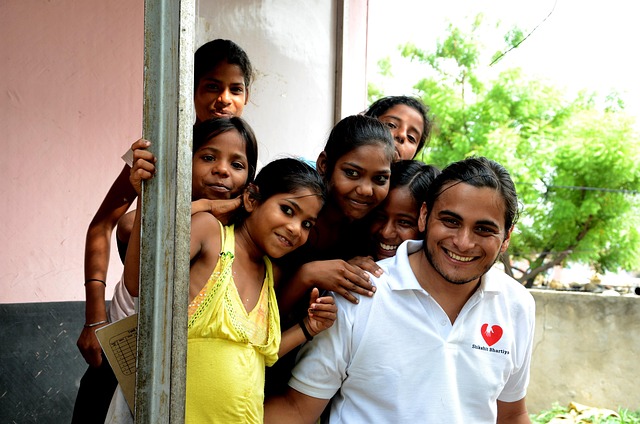
Unveiling the Driving Force: Unraveling Volunteer Motivation in Today’s Economy
Unveiling the Driving Force: Unraveling Volunteer Motivation in Today’s Economy
In a world where the economy perpetually shifts and societal needs continue to evolve, volunteer motivation emerges as a beacon of hope. As we navigate through unpredictable economic climates, the act of volunteering becomes not just an altruistic choice, but a profound statement about our values, priorities, and our sense of community. Understanding what drives individuals to volunteer—especially in times of economic uncertainty—offers valuable insight into the foundations of philanthropy and the human experience.
The Foundations of Volunteer Motivation
At its core, volunteer motivation is often grounded in personal values, life experiences, and a deep-seated desire to contribute positively to society. Many individuals find themselves drawn to volunteerism out of empathy and a tangible commitment to causes they care about, whether it’s supporting underprivileged communities, protecting the environment, or promoting education and health. This connection transcends mere obligation; it taps into a profound desire for social change and personal fulfillment.
Moreover, volunteering can serve as an escape from the hustle and bustle of daily life. In times of economic stress, many individuals report feeling a sense of purpose and belonging when they engage in volunteer activities. It’s a chance to connect with like-minded individuals, to feel empowered, and to focus on what truly matters: the well-being of others. Philanthropic foundations play a crucial role here, providing resources and organizational structures that facilitate volunteer engagements, ultimately driving community impact.
Economic Influence on Volunteer Engagement
The current economic landscape significantly shapes the way individuals perceive and engage with volunteering opportunities. During economic downturns, one might assume that volunteerism would decline due to a focus on personal survival and self-preservation. However, research suggests otherwise. When faced with hardships, people often rally together, finding strength in solidarity and community-driven efforts. Organizations may be challenged, but the spirit of volunteerism often flourishes as individuals seek purpose and connection amidst uncertainty.
In addition, volunteer initiatives are increasingly being recognized for their role in supporting local economies. By providing critical support to nonprofits and community services, volunteers help sustain essential programs that bolster economic resilience. This reciprocal relationship amplifies the impact of each volunteer’s efforts, creating a ripple effect that strengthens both individual and community well-being.
The Ripple Effect of Volunteer Motivation
The commitment to volunteerism can lead to a vast array of benefits, not only for those receiving aid but also for the volunteers themselves. Engaging in community service can lead to enhanced skills, increased self-esteem, and a broader network of connections. This ‘give-and-take’ relationship fuels a cycle of generosity and support that empowers volunteers and the communities they serve. In an economy where traditional career paths may feel uncertain, volunteering provides an avenue for personal development and fulfillment that many individuals find invaluable.
As we continue to dissect the driving forces behind volunteer motivation, it becomes clear that the interplay between individual initiative and community need is a dynamic and potent force. In today’s economy, where change is the only constant, understanding this complex relationship can help organizations and individuals alike create meaningful connections and drive impactful change.



